Information Weekly

Information Weekly is our column the place we spotlight and summarize among the week’s prime tales so you’ll be able to make amends for the most recent tech information.
That is Android Central’s Information Weekly, your go-to supply for a concise roundup of the week’s most vital tech tales. That is the place we delve into the highest headlines that present the most recent developments and improvements contributing to the digital panorama.
This week, the OnePlus 13 might get an thrilling new charging characteristic, Amazon Prime Video picks up Apple TV Plus, Parallels for Chromebooks may very well be killed, specs of the Snapdragon 8 Gen 4 are leaked, and Garmin may carry MicroLED shows to its watches.
OnePlus might take a web page from Apple’s MagSafe playbook
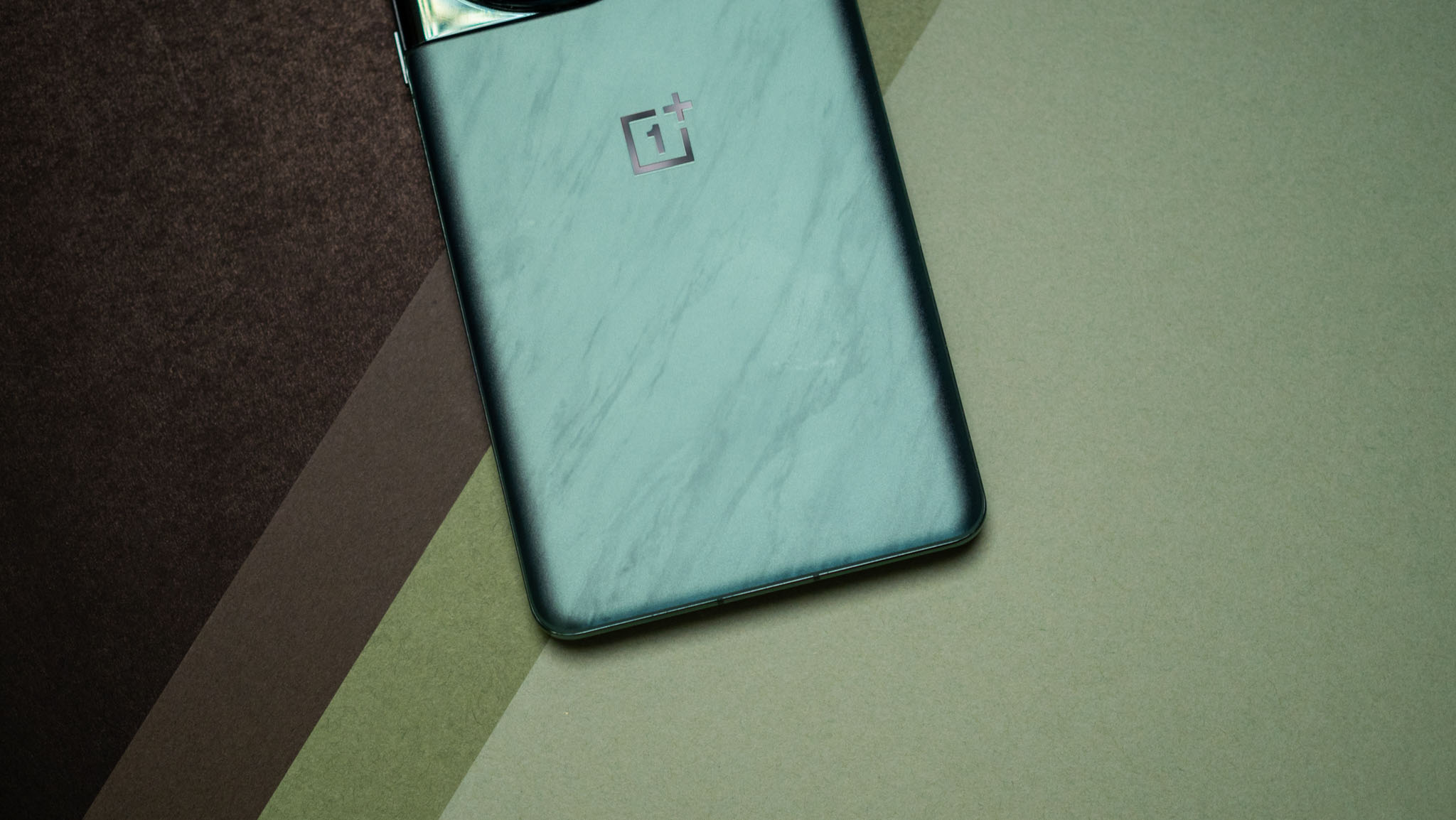
Learn extra right here.
Magnetic charging hasn’t been a factor on Android, with the preferred manufacturers, resembling Google and Samsung, seemingly content material to disregard it. Now, the OnePlus 13 is teased to have some kind of magnetic charging related to it, which appears like an thrilling improvement after main flagships snubbed the characteristic in 2024.
OnePlus President and COO Kinder Liu not too long ago shared a screenshot of a chat by way of Weibo, seemingly confirming that the telephone will characteristic a “magnetic suction perform.” It isn’t clear if this will probably be based mostly on the Qi2 commonplace, which is just current on one Android telephone, but it surely would not be too shocking given what we have seen from OnePlus sister firm, OPPO. The corporate confirmed off magnetic charging on the Discover X8, with equipment that may apparently work with the iPhone.
We have been ready to see Qi2 come to extra Android telephones, and this may very well be the beginning of a serious shift in Android charging. The OnePlus 13 is predicted to launch later this yr.
You will quickly be capable to watch Apple TV Plus out of your Android telephone
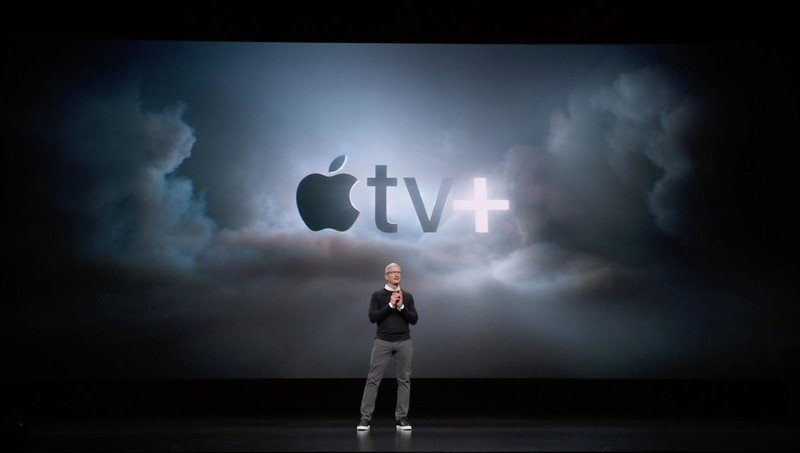
Learn extra right here.
Amazon introduced this week that it is bringing Apple TV Plus to its platform, which means anybody subscribed to the streaming service will be capable to view content material by way of the Prime Video app.
This can be a large deal as a result of whereas Apple Music is on the market on Android, Apple TV Plus is just not, which means Android customers should depend on different means to observe exhibits like “Basis” and “Severance.” Bringing Apple TV content material to Prime Video ought to little question be the best option to watch on Android units, in need of Apple launching an official app.
Amazon didn’t announce a particular date when the service will probably be obtainable, but it surely ought to launch later this month, becoming a member of loads of different streaming companies obtainable by means of Prime Video. For now, it appears like it’ll launch within the U.S. solely, though it’ll finally broaden to further areas.
Customers can subscribe to Apple TV Plus by way of Prime Video for $9.99 per thirty days.
Chromebooks may quickly lose Home windows
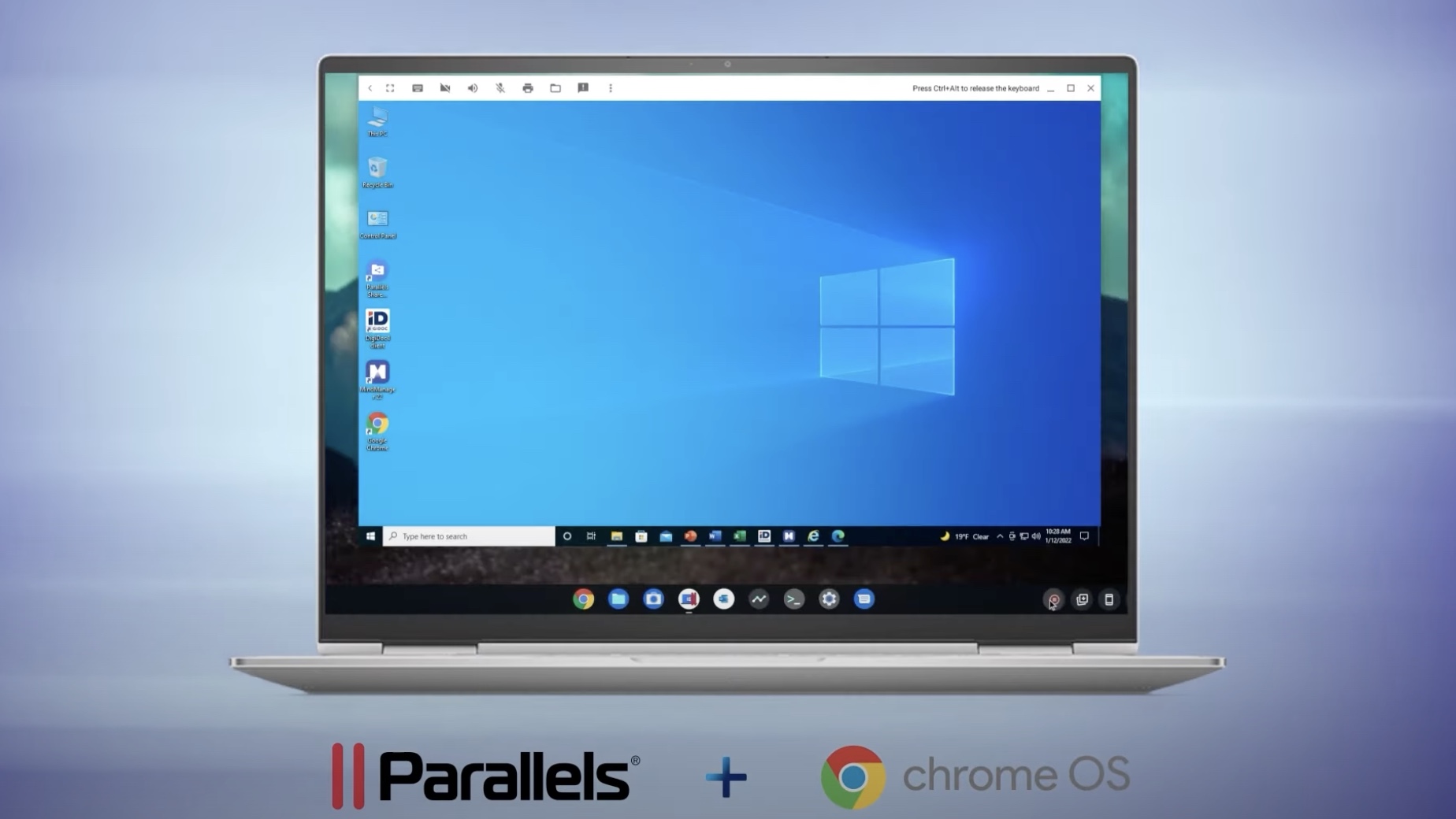
Learn extra right here.
Parallels is a useful device that enables working techniques like MacOS to run Home windows in a digital surroundings. Nevertheless, this device, which helps customers get one of the best of each worlds, might quickly drop help for Chromebooks.
Based on stories, the software program has been largely ignored for a while, not receiving an replace in about 18 months. The software program is reportedly set to be killed by the top of 2024, with customers left to search out different technique of operating Home windows on their Chromebooks.
It isn’t clear why that is taking place, but it surely may very well be a lift for Cameyo, which makes use of Digital App Supply (VAD) to carry Home windows and Linux apps to ChromeOS. Google introduced earlier this yr that the Cameyo staff was becoming a member of the corporate, which is probably an enormous motive why Parallels help could also be ending.
For now, we’ll be looking out for any updates on the standing of Parallels for ChromeOS.
The following Snapdragon appears fairly snappy
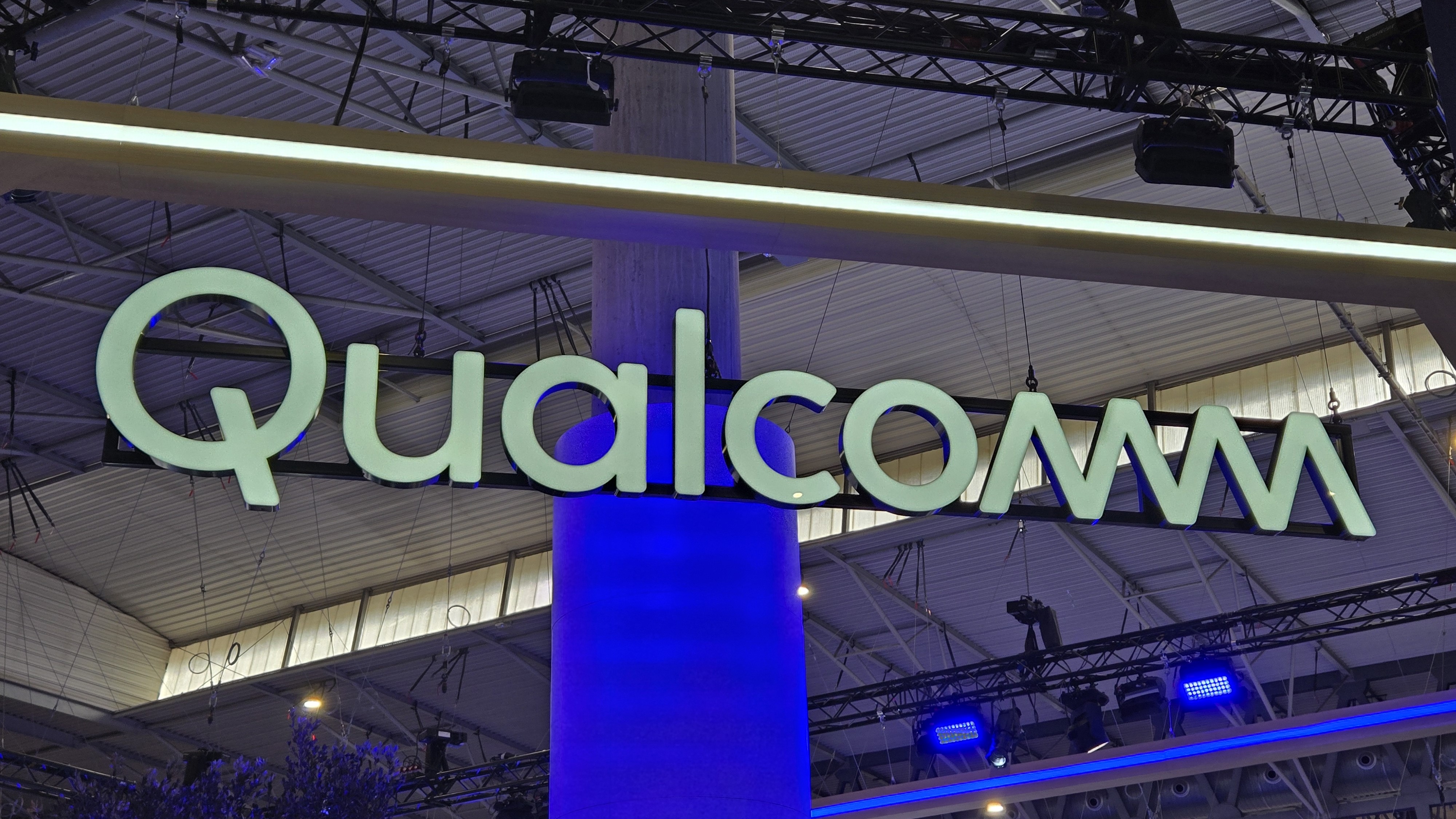
Learn extra right here.
The Snapdragon Summit is quick approaching, with the occasion happening later this month. Qualcomm is ready to launch its new Snapdragon chip for Android telephones, which would be the first to include Oryon cores for an enormous enhance in efficiency, like what we have seen with Home windows PCs. Forward of the launch, leaked specs reveal a lot of what we will count on from the chip.
The leaked doc appeared on Baidu, with mentions that the chip will help show resolutions of three,840×2,560 with as much as a 144Hz refresh charge. There can even be UFS 4.0 and help for the “older” LPDDR5X RAM, versus the newer LPDDR6.
The paperwork additionally reveal AI options the chip will help in addition to digicam upgrades, like video recording at 4K 240fps or 8K 60fps, double that of the Snapdragon 8 Gen 3.
Based on the leak, the chip could have two variants, one paired with the most recent 5G modem (sub-6 and mmWave) and the opposite Wi-Fi-only. That is possible in order that OEMs should buy a modem individually, which might result in some financial savings in the event that they select an older modem.
Garmin might beat Apple and Samsung to the punch
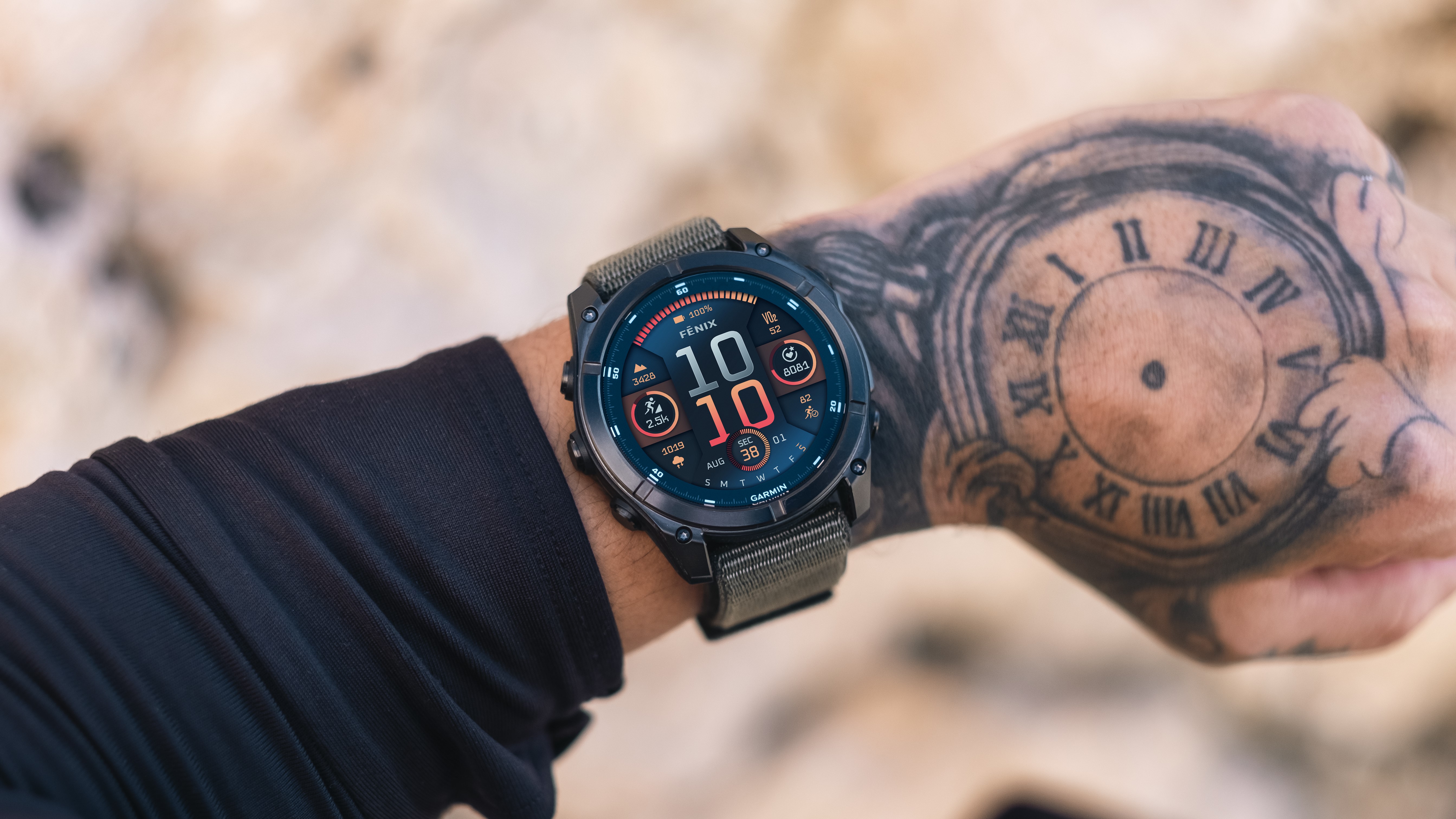
Learn extra right here.
MicroLED is a formidable show tech that might overtake OLED in the future, and Garmin appears fairly all for incorporating it into its wearables. Based on current screenshots and leaks, Garmin could also be getting ready to launch a “Fenix 8 MicroLED,” which, because the title implied, would characteristic a MicroLED show.
MicroLED intends to duplicate how OLED shows work however by utilizing microscopic LEDs that may be managed on the pixel stage. This could present deep, inky blacks whereas additionally bettering brightness and longevity since these don’t use natural supplies. Nevertheless, the tech remains to be fairly costly, and we largely solely see it in high-end TVs for now, though corporations like Samsung wish to carry it to smaller units.
Given how costly the recently-launched Fenix 8 is, a MicroLED variant could be fairly pricey, possible effectively over $1000. The truth is, one developer claims to have seen and held a prototype, saying that it would not look any completely different however that the watch is seemingly “prohibitively costly” to provide, which is sensible. Additionally it is mentioned to be a “future challenge,” so we might not see the watch any time quickly.
These are among the greatest tales from this week. In the meantime, listed here are another tales which are value catching up on:

